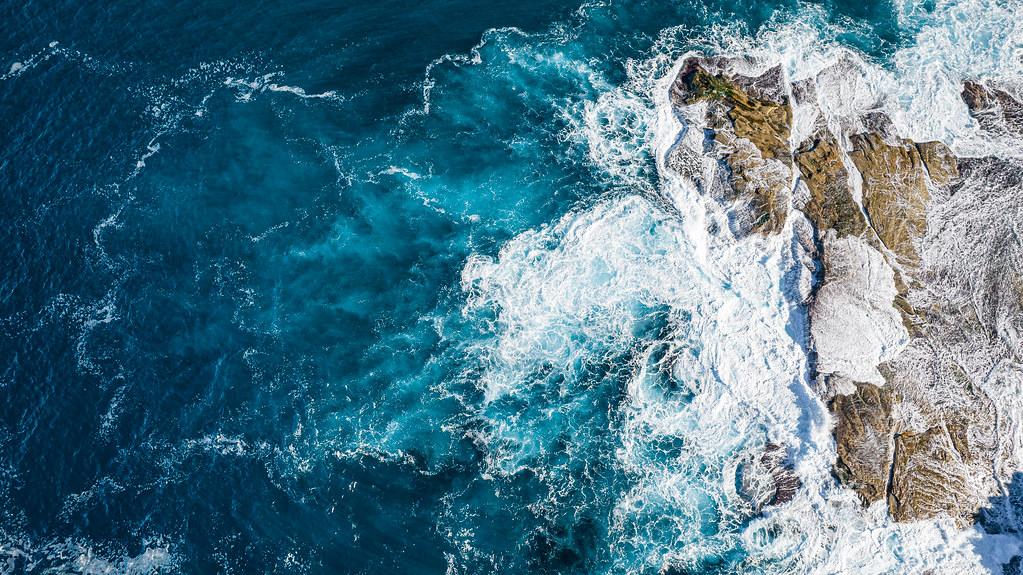Surfing, once a niche pastime practiced by coastal communities, has evolved into a global phenomenon with profound implications for travel and tourism. As waves continue to draw enthusiasts to some of the most breathtaking and remote locations around the world, the sport has become a significant driver of economic growth and cultural exchange. From the pristine beaches of Hawaii to the rugged shores of Australia, surfing has not only shaped the identities of countless coastal towns but also fueled a burgeoning industry that attracts millions of travelers annually. This article delves into the multifaceted impact of surfing on global travel and tourism, examining how this exhilarating sport influences local economies, fosters international tourism, and contributes to the preservation of natural environments. Through an exploration of surfing’s role in shaping destinations and driving sustainable tourism practices, we uncover the ways in which this dynamic activity continues to leave an indelible mark on the global travel landscape.
Surfing as a Catalyst for Coastal Tourism Development
Surfing has emerged as a dynamic force in the evolution of coastal tourism, transforming once-quiet seaside towns into bustling travel destinations. This water sport not only attracts avid surfers from around the globe but also draws in a wider audience of enthusiasts and spectators. The economic impact is substantial, as local businesses such as surf schools, equipment rentals, and beachside accommodations thrive, leading to the creation of new job opportunities. Furthermore, the international appeal of surfing competitions can significantly boost the visibility of coastal regions, putting them on the map for future tourism.
Beyond economic benefits, surfing also fosters sustainable tourism practices. Many surf communities prioritize the conservation of natural resources, ensuring that the allure of pristine beaches and unspoiled ocean environments is maintained for future generations. This commitment to environmental stewardship often inspires the development of eco-friendly infrastructure and promotes awareness among tourists about the importance of preserving coastal ecosystems. Key elements contributing to this sustainable growth include:
- Community Engagement: Involving local populations in tourism planning and decision-making.
- Environmental Education: Offering programs and workshops that emphasize conservation.
- Eco-conscious Facilities: Establishing accommodations and amenities that adhere to green building practices.

Economic Contributions of Surf Tourism to Local Communities
Surf tourism has emerged as a vital economic engine for many coastal communities, transforming once-remote locales into thriving hubs of activity. By attracting wave enthusiasts from across the globe, surf tourism fuels a dynamic ecosystem that extends beyond the surf shops and board rentals. Local businesses, such as restaurants, hotels, and transport services, experience a significant uptick in patronage, directly correlating with the influx of surf tourists. This not only creates jobs but also encourages the development of infrastructure, ultimately elevating the standard of living for residents.
- Job Creation: From surf instructors to hotel staff, numerous employment opportunities arise, offering stable income sources for locals.
- Cultural Exchange: The influx of diverse visitors fosters a rich cultural exchange, enhancing community identity and cohesion.
- Environmental Awareness: Surf tourism often brings heightened attention to environmental conservation, prompting sustainable practices that protect local ecosystems.
As these communities harness the power of the waves, they simultaneously preserve their unique cultural heritage, ensuring that the economic benefits are both sustainable and inclusive. Through strategic planning and community engagement, surf tourism can continue to be a cornerstone of economic prosperity, nurturing local economies while celebrating the art of surfing.

Environmental Implications of Surfing Destinations
As surfing destinations gain popularity, the environmental impact of these locales is becoming increasingly significant. The allure of pristine beaches and perfect waves draws thousands of tourists annually, placing immense pressure on local ecosystems. Coastal erosion is a major concern, often exacerbated by the construction of tourism infrastructure such as hotels and restaurants. The disruption of natural habitats can lead to the loss of biodiversity, affecting both marine and terrestrial species. Furthermore, the increased human activity can lead to pollution, with litter and waste finding their way into the ocean, harming aquatic life.
- Waste Management Challenges: Popular surfing spots often struggle with waste management due to the influx of visitors, leading to litter and pollution.
- Water Quality Degradation: The rise in tourist numbers can strain local resources, impacting water quality and affecting both human and marine health.
- Wildlife Disturbance: Increased human presence can disrupt local wildlife, particularly nesting sites for coastal birds and breeding grounds for marine animals.
Sustainable tourism practices are essential to mitigate these impacts. Encouraging eco-friendly accommodations, promoting responsible surfing practices, and investing in community-based conservation efforts can help preserve these natural wonders for future generations. By adopting such measures, we can ensure that the beauty and vitality of these destinations remain intact while still enjoying the sport that brings us closer to nature.

Strategic Recommendations for Sustainable Surf Tourism Practices
To ensure the longevity and health of surf tourism, stakeholders must embrace a set of strategic recommendations that align with sustainable practices. Firstly, local community engagement is essential. Involving local residents in decision-making processes fosters a sense of ownership and responsibility, ensuring that tourism development respects cultural heritage and community needs. Establishing partnerships with local businesses can also promote economic benefits that are equitably distributed.
Moreover, implementing environmentally responsible practices is crucial. Surf tourism operators should prioritize eco-friendly accommodations, use sustainable materials, and minimize waste. Encouraging surfers to participate in beach clean-ups and conservation efforts can foster a deeper connection with the natural environment. Additionally, promoting educational initiatives that inform tourists about the ecological and cultural significance of surf destinations can lead to more conscientious travel behaviors. By integrating these strategies, surf tourism can thrive while preserving the pristine nature of its sought-after locations.










